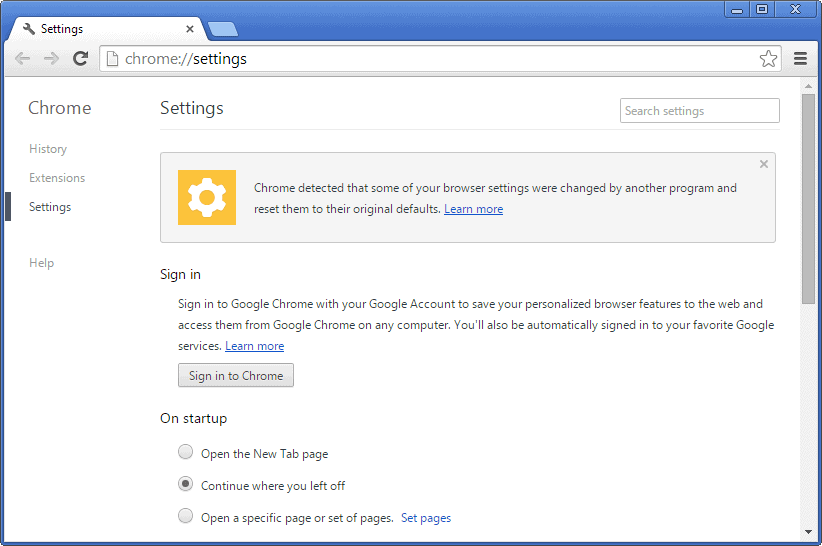
For example, a music file could be opened by iTunes or the Windows Media Player. Helper Applications: Some downloaded files can be opened by more than one application, but you can specify which application opens them by default. All are free and can enhance your web browsing experience. For practice, download and install one or more of these plug-ins on your computer. Some content requires the Silverlight plug-in from Microsoft. Mac users can use the Flip4Mac plug-in to play Windows movies. Animations often require the Flash plug-in. Videos may require the Quicktime plug-in. Plug-ins: Certain pieces of multimedia content embedded on web pages can only be viewed in the browser if a plug-in is installed. In Firefox, you can specify the location where files are downloaded under the General tab. Students often download the same file multiple times because when they click on it to start a download, it happens without any notification and they think nothing happened. For example, will they go to your desktop, or a documents folder or a downloads folder or someplace else? Do you know how to navigate there to retrieve them? This is important because downloaded files don't always open automatically or ask you what you want to do with them. In Google's Chrome browser, and in the latest version of Safari, you can enter multiple home pages and each will open in its own tab.ĭownloads: One of the most important things to set is where files that you download will be placed. This saves you having to type in an address. Home Page: Under the General tab in Firefox, you can enter a Home Page that your browser will go to as soon as you open the program, or whenever you click the Home button. If you don't understand a setting, leave it alone, but feel free to customize the browser so that it works the way you want. If you're using a browser other than Firefox, these settings will vary somewhat.Īfter you find the Options for your browser, click each of the categories, starting with General and working your way across to Advanced, and read through the variety of choices. Still, it's very important to locate these settings because they significantly affect the way your browser works. Finding these settings can be a bit of a challenge since they go by different names and may be in different places from one browser to another, on Mac and Windows versions of the same browser, and even from one version of a browser to the next. Settings: Many settings can be changed in the Tools, Options, Settings, or Preferences menu of your browser. A collection of buttons will appear, and you can drag and drop these buttons where you find them useful. Close the browser and restart it or refresh the page.Appearance: You can customize the appearance of the Firefox browser by right-clicking on the toolbar and selecting Customize. from the menu.Under the heading Cookies, select Do not block cookies.Click on the three dots at the top right.Make sure there is no check mark in the Block all cookies box.Go to Safari, select Settings and then Privacy.Make sure Allow websites to save and read cookie data (recommended) is selected.Under Privacy and security, click on Site Settings.Click on the three horizontal bars at the far right of the menu bar.

Make sure “Allow cookies and website data from websites” is selected under Cookies and website data.Click on the three horizontal bars on the right of the window.How to enable cookies in your browser Mozilla Firefox If you have opted out of cookies altogether, you will not be able to use the internet bank. You can also set the browser to notify you when it receives a cookie, so that you can decide whether to receive it or not.

Most browsers are set by default to accept cookies. The file is automatically discarded when you log out, and we do not save any personal information. From the internet bank, we send a cookie to your computer every time you visit it to find out that it is you who is logged in. The cookie serves as a technical support that in various ways facilitates your use of the website. A cookie is a small text file made up of letters and numbers that the website you are visiting saves on your device. For the internet bank to work, your browser must accept cookies, as they are part of our authorisation check.


 0 kommentar(er)
0 kommentar(er)
